.webp)
UNHRC High Commissioner tables report on Sri Lanka
Colombo (News 1st): The High Commissioner of the Office of Human Rights Michelle Bachelet formally submitted a report on Reconciliation, Accountability and Human Rights in Sri Lanka to the UN Human Rights Council in Geneva today (March 20).
The High Commissioner today presented her report on the progress of Sri Lanka in the resolution presented by the United States, with Sri Lanka's co-sponsorship, on October 1st 2015. She called on Sri Lanka to implement a detailed and comprehensive strategy for the transitional post-war justice process with a fixed timeline.
Michelle Bachelet said,
"Operation analysis of the Office of Missing Persons. The OMP following initial delays plans to undertake the complex task of tracing the whereabouts of victims in a sensitive and objective manner addressing the difficult situation of the victims family. I commend the establishment of the office for reparation and I look forward to the swift appointment of its commissioners, however implementation of a solution needs to be more consistent, comprehensive. Today my office calls for a comprehensive strategy for the transitional process with a fixed timeline. The recent appointment to a senior position in the Sri Lankan army of Major General Shavendra Silva implicated in alleged serious violation of international humanitarian human rights law is a worrying development. there has been minimal progress and accountability. My report details steps taken over a lengthy period to address several emblematic cases and the lack of progress in setting up a special judicial recon-ism to deal with the worst crimes committed during the 2009 conflict continuing impunity risk fueling communal or inter-ethnic violence and instability. I'm deeply concerned about the calls to reinstate the application of the death penalty after more than 40 years of moratorium."Minister of Foreign Affairs, Tilak Marapana also presented Sri Lanka's response to the contents of the report at today's council session. Speaking regarding the Mannar mass grave he noted that despite the test reports obtained from the USA laboratory revealing that the said skeletal remains date back to 1499 to 1790 AD, a period when Sri Lanka was largely under European Colonial rule, the report presupposes other mass graves might be expected to be found in the future. He added that an assumption of this nature in a public report on a matter of this magnitude and seriousness he said will not be accepted and may even be cast out as regards to other accusations contained in the report. Minister Marapana in referring to para 68 C of the OHCR report noted that it calls for legislation, establishing a hybrid court. He noted that the government of Sri Lanka at the highest political levels has both publicly and in discussions with the present and former high commissioners for human rights and other international prosecutors explained the constitutional and legal challenges that preclude from including non-citizens in a judicial process. The minister noted that it has explained that if non-citizen judges are to be appointed in such a process it will not be possible without an amendment to the constitution by 2/3rd of the members of parliament voting in favor and also the approval of the people at a referendum. Speaking to Madam High Commissioner he said at a time the world is confronted with increasing acts of terrorism and violent extremism as he stated before this council last year, the action by the Sri Lankan security forces during the conflict was against the group designated against a terrorist organization by many countries and not against any community. Further, it must be asserted that there are no proven allegations against individuals on war crimes or crimes against humanity in the OISL report in 2015 or in any subsequent document. He said it is, therefore, an injustice to deprive any serving or retired officer of the Sri Lankan security forces or the police of their rights.
Reactions of a number of delegates from member countries
The representative of Great Britain"We are disappointed that more progress has not been made. We encourage the government to impose the full range of recommendations in 30/1. Deliver devolution throughout constitutional reform. To repeal the PTA and re-award all military held land"The representative of India
"We appreciate first the co-operation extended by Sri Lanka to the OCHR. As Sri Lanka's closest neighbor India cannot remain untouched by developments there. India has always supported efforts to preserve Sri Lanka's character as a multi-ethnic multilingual and multicultural society that accommodates aspirations of all sections of society including Sri Lankan Tamil community for a life of equality, justice, peace, and dignity in a unified Sri Lanka."Delegate of Iceland
"We also note with concern that almost no progress has been made with investigating and prosecuting a large number of war crimes or crimes against humanity, collected by OHCHR in its investigation and particularly those at the end of the war. We call on Sri Lanka to set up a special judicial mechanism for this purpose. We believe that the lack of progress and backsliding shows that this should stay on the agenda of the council, and we urge the GoSL to fully and without any delay, implement all recommendations on the previous reports of the high commissioner."Lawyers in Canada
"4 years after the adoption of the resolution 30/1, there has been virtually no progress in investigating or prosecuting crimes in Sri Lanka. And very little to no progress on implementation of other commitments under the resolution. Instead, the Sri Lankan government rejects any form of hybrid court. Sri Lanka's domestic court system is plagued with systematic obstacles to justice including the politicization of the Attorney General's Department, a judiciary that is deferential to the military and lack of potentials for witnesses."The leader of the Tamil National People Alliance Gajendrakumar Ponnambalam said the OHCHR's oral briefing on Sri Lanka in the 37th session in March 2018 stated that the government was engaging with the UNHRC merely as a box-ticking exercise. He went onto note that nothing had been done in implementing its commitment towards accountability. Ponnambalam noted that according to OHCHR called on member states to explore other avenues including universal jurisdiction that could foster criminal accountability which this report reiterates. He questioned if the High Commissioner would agree, that it is 10 years since the end of the war, that the only possibility of the Tamil victims seeing justice is by Sri Lanka is referred to the ICC or by setting up an ad-hoc criminal tribunal.
Other Articles
Featured News





.png )

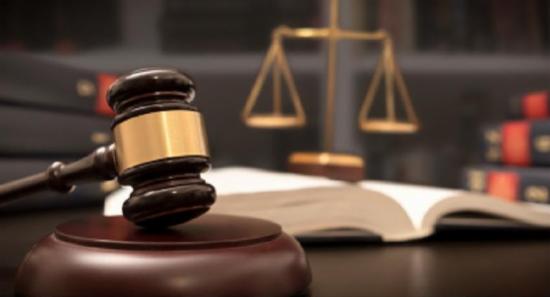
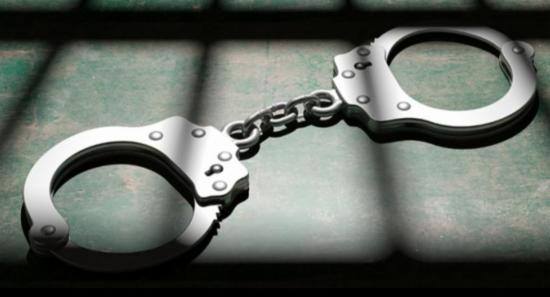
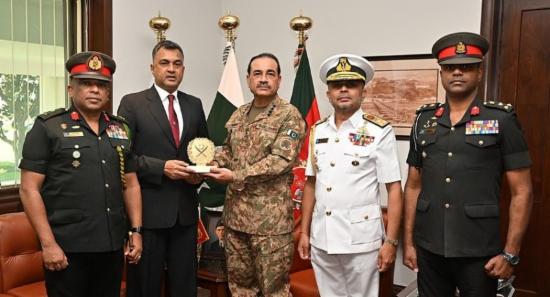

-789696_550x300.jpg)

-789357_550x300.jpg)
-788581_550x300.jpg)
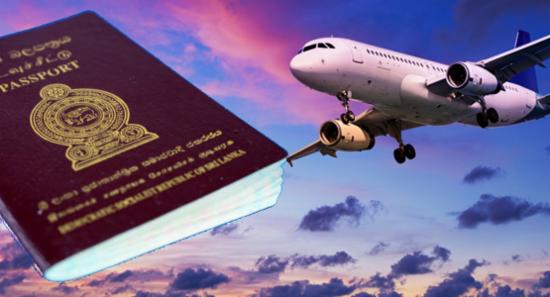

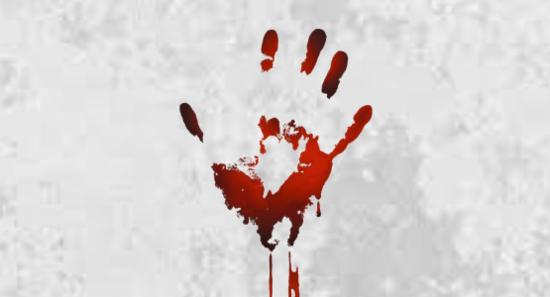
















.gif)